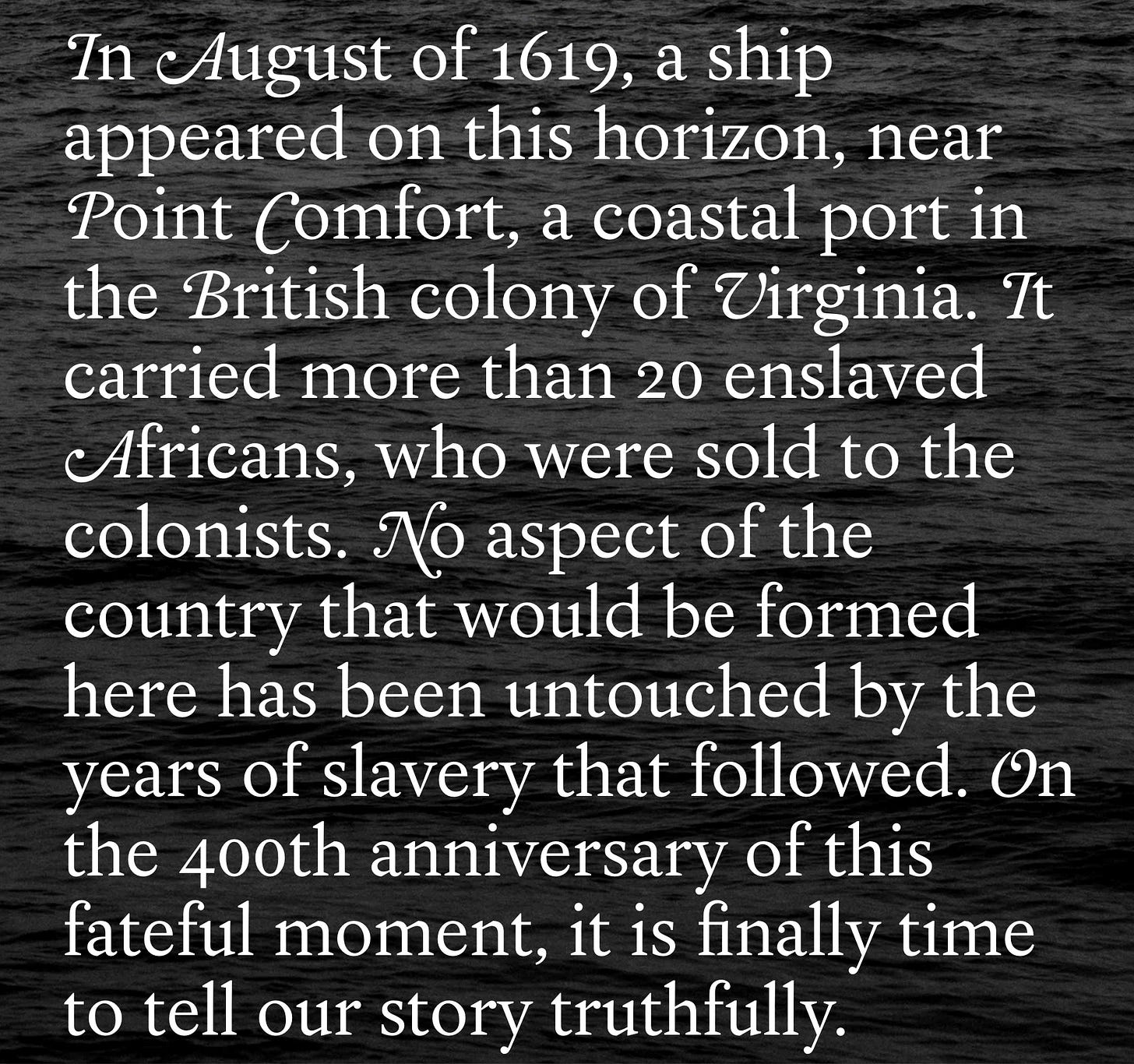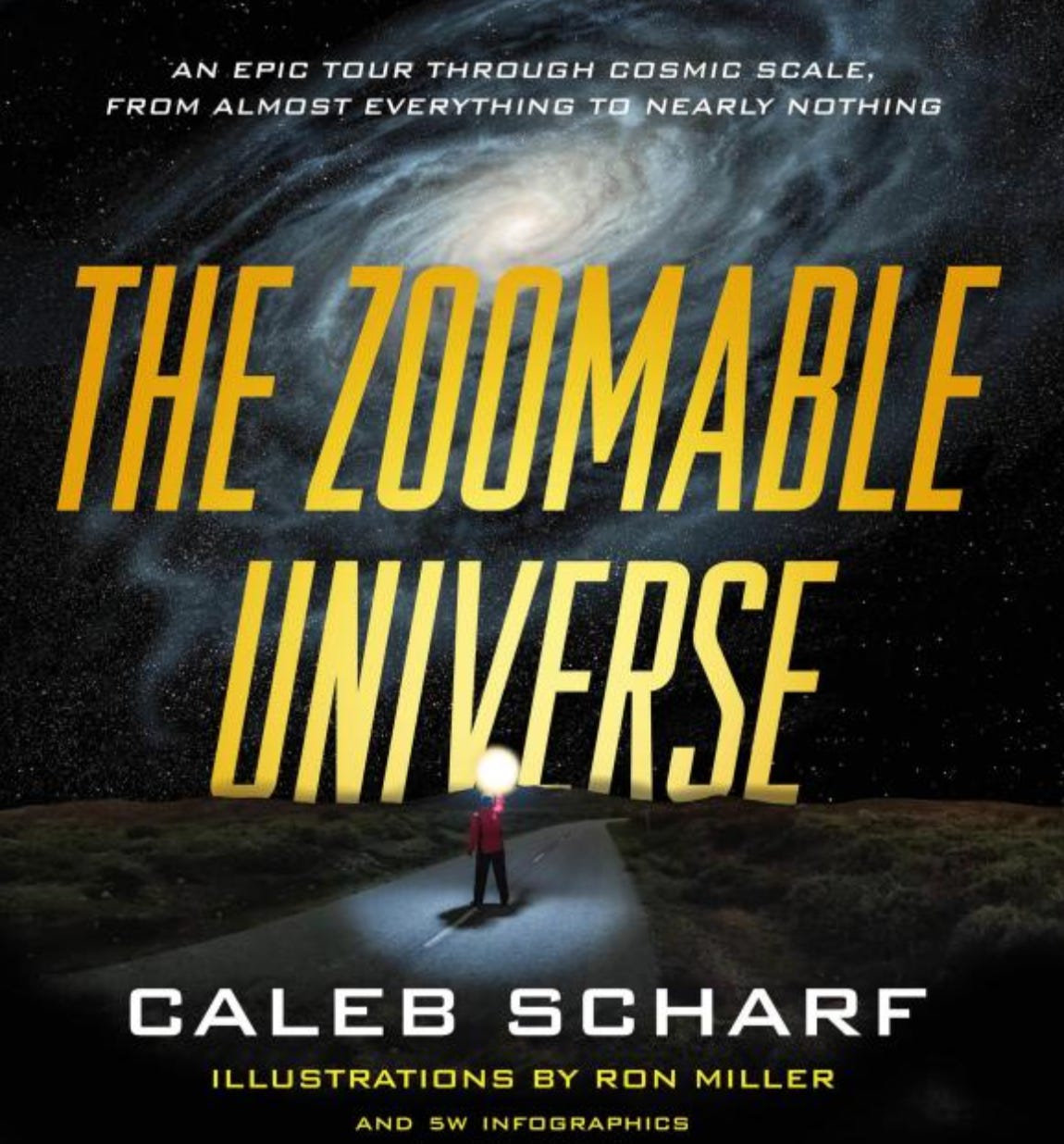
My copy of Beloved
Toni Morrison died. And so I opened my copy of Beloved, one of the most powerful and chilling and visceral works of American literature, and got a punch in the nose right from the epigraph:
I will call them my people
Which were not my people
And her beloved
Which was not beloved
Romans 9:25
If we thought this way, there wouldn’t be an immigration “crisis.” Or hate crimes. Or whatever other form of bigotry has our attention for now. Why is it hard for us to see others as “not my people” when we ourselves are not struggling? And even if we are? Foolish humans, we are all made of star dust!
Here’s a high school teacher’s perspective on why you should read Toni Morrison:
Every year, I get goosebumps. “Here is your copy of Beloved or Song of Solomonor Home,” I say to my high-school students. And in that moment I am struck again by my awesome and humbling role in this seemingly mundane ritual: My God, I’m the person—me—who gets to introduce a new generation of readers to the work of Toni Morrison. I feel the tremendous honor of my role, and the tremendous weight of that responsibility.
Teaching Toni Morrison to teenage readers is tough. Many students have a tendency to seek out familiar territory in the books they read. Who’s the good guy? Who’s the bad guy? How will this heroine triumph over this villain? What trials will she overcome before the final chapter ends? This is the unambiguous landscape of most young-adult literature.
But Toni Morrison denies her reader easy identifications and tidy resolutions. Instead she offers them irresolvable moral dilemmas and insoluble contradictions. A heroine can act with unfathomable cruelty. Has Beloved’s Sethe, in her brutal act, done the right thing? Morrison herself said she could not answer that question.
Morrison invites my students to observe the messy complexity of human experience, to hear African American voices in the literature classroom, voices long absent. For generations, teachers of literature presented students with the American experiences of Roderick Usher’s paranoia, Huckleberry Finn’s colloquialism, Jay Gatsby’s ambition, Holden Caulfield’s disenchantment. Morrison enables students today to hear the richness of black experience, the dignity and the pain of characters silenced or ignored by the white mainstream, characters who nonetheless lived vibrant lives of love and sorrow, characters like Pecola Breedlove, Sula Peace, or Macon Dead. In Morrison’s late novel Home, a black soldier returns to the United States after a psychologically devastating experience in the Korean War of the early 1950s. Back on American soil, he encounters police harassment, Jim Crow segregation, and medical experimentation conducted on unwitting black subjects. When interviewed, Morrison said that she wanted to pull the veil back from the rose-colored lens through which so many Americans see the 1950s. Their Golden Age, she said, was someone else’s hell.
In a few days my classroom will be full of students again, and piles of crisp new paperbacks await them: Hamlet, The Catcher in the Rye, The Great Gatsby, Things Fall Apart, Beloved.
Over the course of the year, students will highlight passages in those paperbacks, dog-ear their pages, and stuff them into already overstuffed backpacks. A rich world awaits their discovery—and in it a chance to discover themselves. My life was never the same after reading Beloved. And I hope theirs won’t be either.
When we are lost we must learn the rules of virtue
When virtue is lost, we must learn the rules of kindness
When kindness is lost, we must learn the rules of justice
When justice is lost, we must learn the rules of conduct
Virtue seems to be another word for how I think about Character. This hierarchy of Character also makes clear what a poor imitation Justice is… or maybe that’s because I just finished watching OJ: Made in America.
I finished another part of IFS training and was impacted by a senior therapist stating bluntly and unequivocally: “Death is not what humans fear most. Shame is.” Since shame feels worse than death (in theory, I suppose, but also maybe in practice because death probably feels like nothing), it explains why we’d rather harm ourselves or harm others instead of feeling like we are “bad.” Working with shame––being truthful with ourselves and others and learning from our fuck-ups––that way lies virtue. But the shame dungeon is deep and dark and full of skeletons.

4. Currently the best thing existing on the internet, the 1619 Project. If you give even two shits about America and how to heal Her, read these collected essays.
5. Now reading The Zoomable Universe. It’s harder to be a dick to others when you remember both how very big and how very small you are. Read along and let’s discuss digitally or over a few pints!



